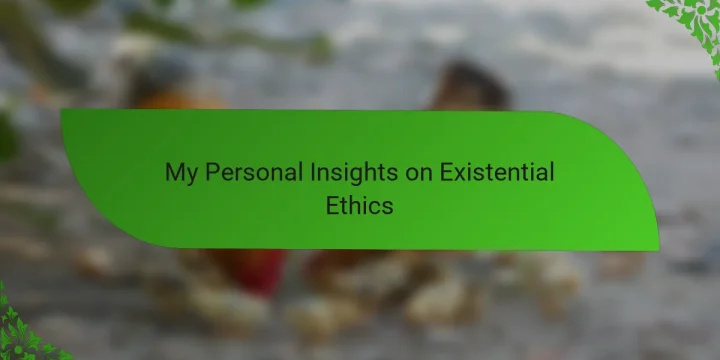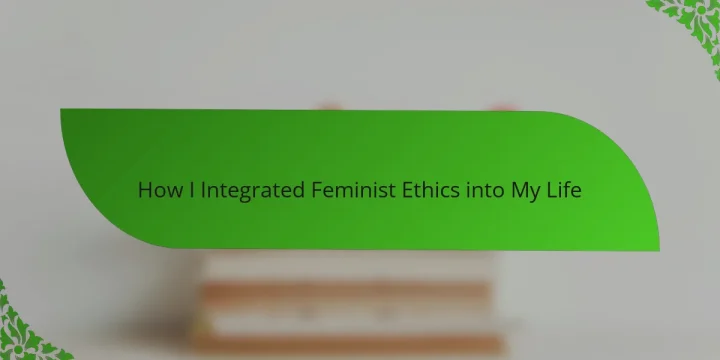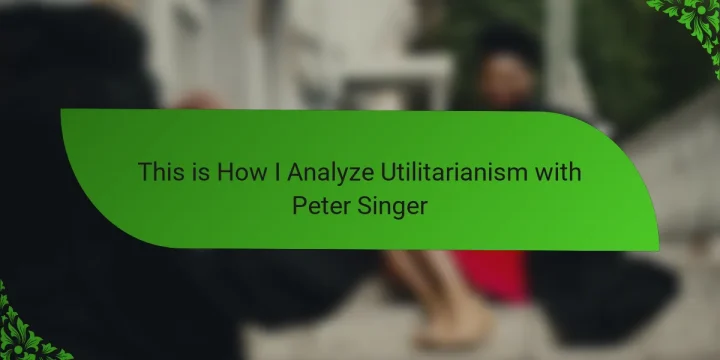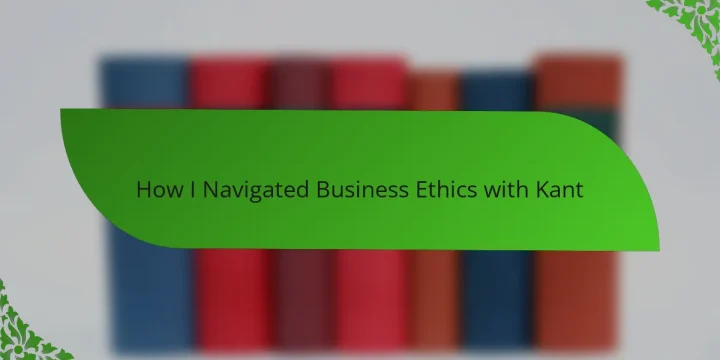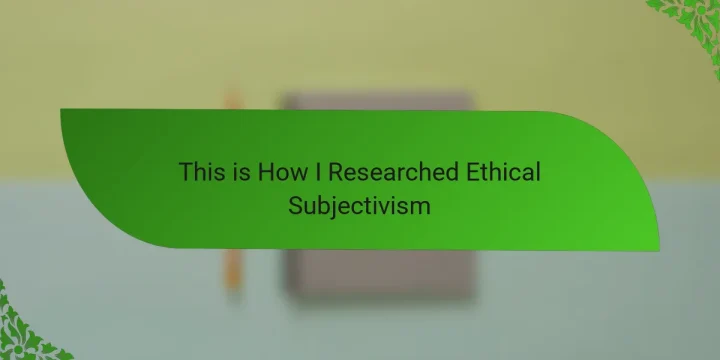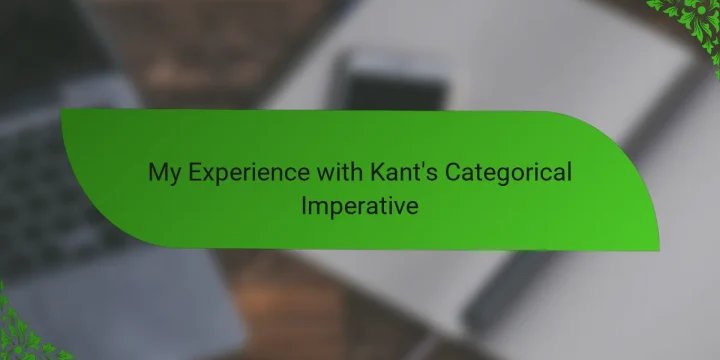
Key takeaways Social contract theory emphasizes the balance between individual freedoms and social responsibilities, highlighting the trust placed in institutions and one another. Key philosophers like Hobbes, Locke, and Rousseau contribute diverse perspectives on human nature, authority, and collective agreement, challenging readers to consider the complexities of social contracts. In education, involving students in creating classroom norms fosters respect and shared responsibility, making rules feel like collective commitments rather than imposed restrictions. Addressing implicit consent and navigating historical injustices are critical challenges in teaching social contract theory, requiring open, honest dialogue to enrich the learning experience. Understanding Social Contract Theory When I first encountered social contract theory, I was struck by its simple yet powerful question: Why do we obey laws we didn’t personally agree to? This idea made me…

